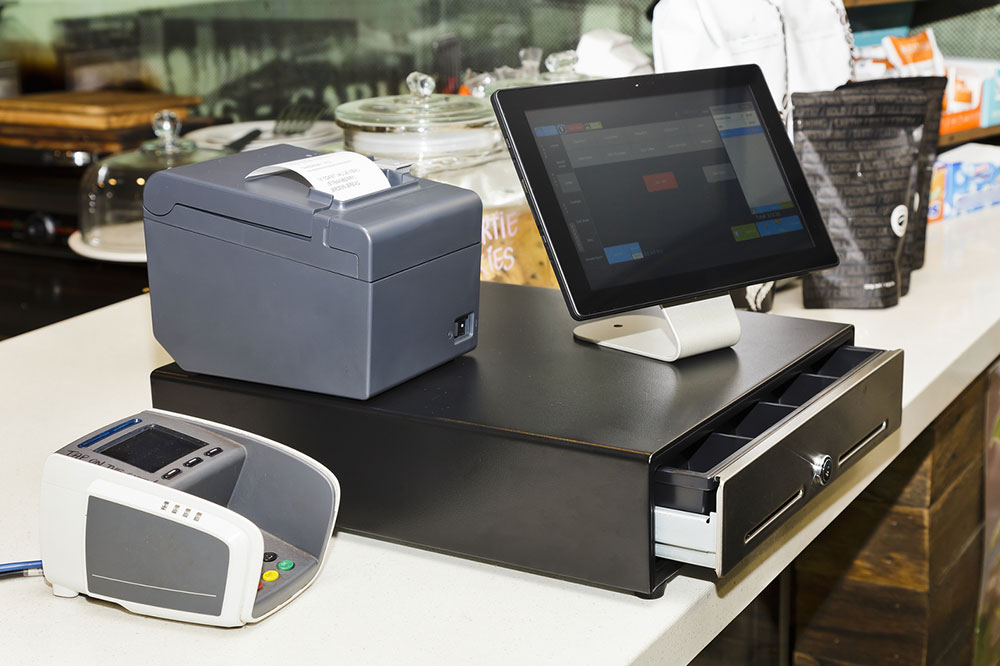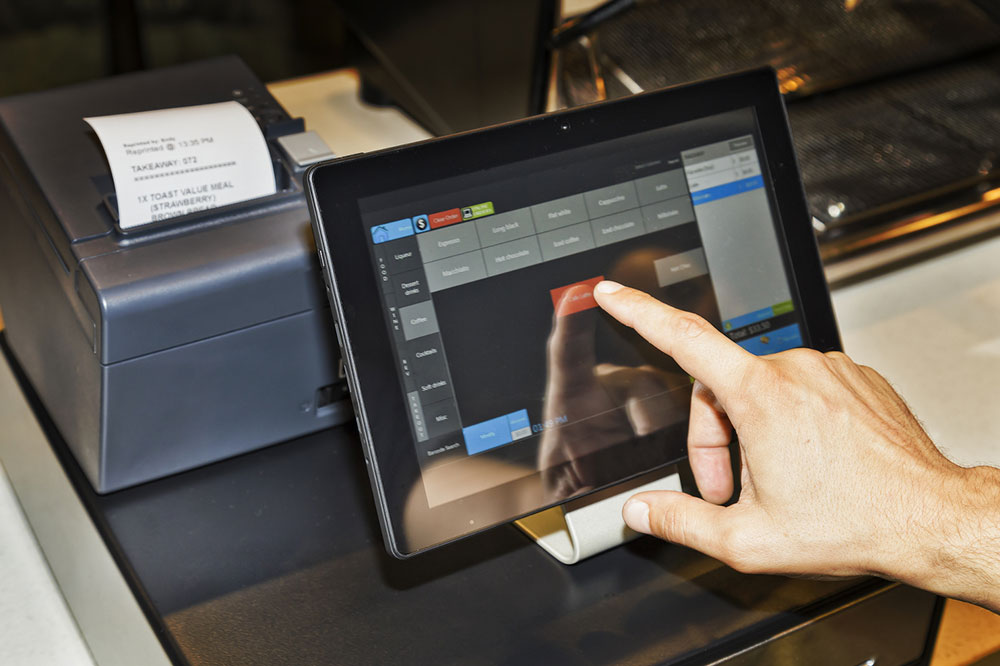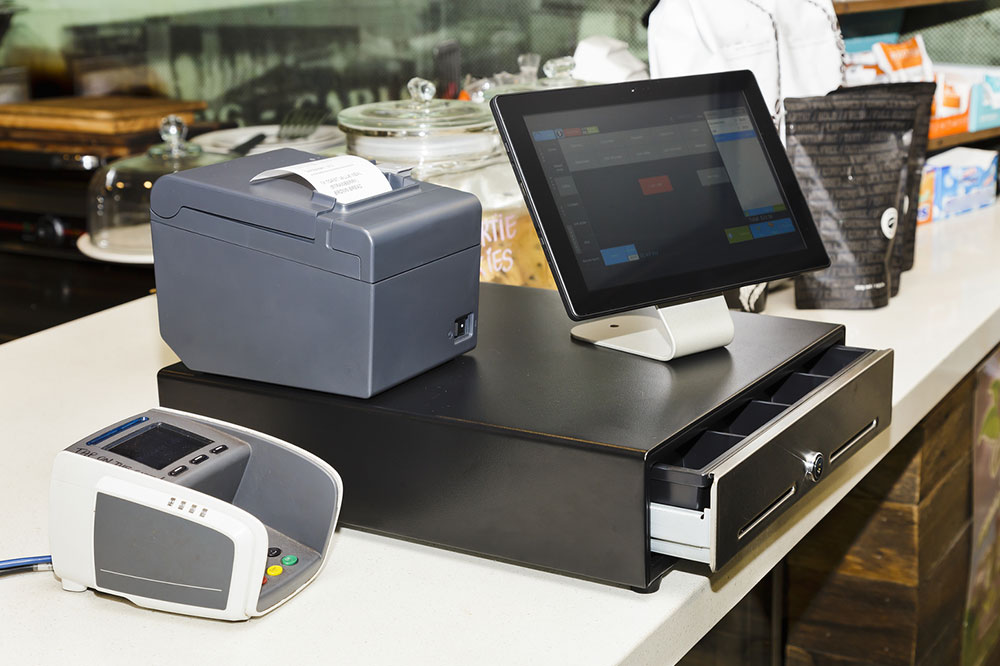Comprehensive Guide to Choosing the Right POS System for Your Business Success
Discover the comprehensive insights on various POS systems, including traditional, mobile, cloud-based, all-in-one, and hybrid solutions. This detailed guide helps businesses choose the right POS system to enhance operational efficiency, customer experience, and scalability. Learn about the pros and cons of each type and find industry-specific options that suit your business needs for sustained growth and success.

Comprehensive Guide to Choosing the Right POS System for Your Business Success
In today’s fast-paced commercial environment, having an efficient Point of Sale (POS) system is no longer optional for businesses aiming to stay competitive and deliver exceptional customer experiences. From small retail outlets and vibrant restaurants to sprawling retail chains and multi-location businesses, a well-chosen POS solution can streamline operations, improve sales, and provide valuable insights for strategic planning. This extensive guide delves into the various types of POS systems available on the market, helping business owners make informed decisions that align with their operational needs, budget, and growth ambitions.
Understanding Traditional POS Systems
Introduction:
Traditional POS systems, often referred to as legacy or on-premises systems, have been the backbone of retail and hospitality industries for decades. Built around dedicated hardware components, these systems tend to be highly reliable and customizable, offering a robust solution for businesses with consistent transaction volumes and specific industry needs.
These systems typically comprise a computer or terminal, cash drawer, receipt printer, barcode scanner, and a customer-facing display. In many cases, traditional POS setups can be tailored with industry-specific features such as inventory tracking, integrated payment processing, and advanced reporting tools, making them suitable for large retail environments, restaurants, or specialized stores.
Advantages of Traditional POS Systems:
Exceptional reliability and performance due to dedicated hardware
Customization options tailored to industry-specific workflows
Rich feature sets that support complex operations
Ability to integrate with existing business systems and peripherals
Drawbacks to Consider:
High initial investment, including hardware and setup costs
Ongoing maintenance and technical support responsibilities
Lack of flexibility; difficult to scale or adapt quickly to changing needs
Hardware dependency, increasing vulnerability to physical damage or obsolescence
Transitioning from traditional systems can be costly and complex, but for businesses with high transaction volumes and specialized requirements, the stability and depth of features offered by legacy POS systems can justify the investment.
Mobile POS (mPOS): Flexibility and Portability
Introduction:
Mobile POS solutions revolutionize the transaction experience by utilizing smartphones or tablets to process sales. These systems are increasingly popular among small to medium-sized businesses seeking a flexible, cost-effective way to handle transactions on the go. Leading options include Square, PayPal Here, and Shopify POS, which leverage existing mobile devices to facilitate sales anywhere within the business environment.
Advantages of mPOS include portability, ease of setup, and lower initial costs. Since many businesses already own compatible devices, the barriers to adoption are minimal. Mobile POS solutions are suitable for pop-up shops, food trucks, markets, and retail stores that want to offer a fast, seamless purchase experience. However, they may lack advanced features needed for larger or more complex operations and rely heavily on consistent internet connectivity, raising concerns about transaction security and data protection.
Cloud-Based POS: Accessibility and Scalability
Introduction:
Cloud POS systems, also known as Software-as-a-Service (SaaS) solutions, store data remotely on secure servers and can be accessed via web browsers or mobile apps. Popular providers include Lightspeed, Vend, and Square, offering flexible, scalable options that grow with your business.
Advantages of cloud-based systems include remote access from any internet-connected device, real-time data updates, and simplified management. These systems are ideal for multi-location chains, franchises, or expanding businesses that need real-time sales tracking, inventory management, and customer data integration. Moreover, cloud systems often come with automatic updates and security patches, reducing the burden on internal IT staff.
Disadvantages include ongoing subscription costs, reliance on stable internet connections, and potential data security higher risks. Businesses must evaluate the provider’s compliance standards and data protection measures to mitigate privacy concerns.
All-in-One POS: Ease of Use for Small and Medium Businesses
Introduction:
All-in-one POS systems integrate hardware and software into a single, streamlined package, ideal for small to medium-sized enterprises seeking simplicity. These systems typically include a touchscreen terminal, cash drawer, receipt printer, and customer display, all bundled with user-friendly software that requires minimal setup and technical knowledge.
Benefits include quick deployment, dedicated customer support, and reliable operation. Since all components are designed to work seamlessly together, businesses can focus on their core operations without worrying about integration issues or hardware compatibility. This makes all-in-one solutions suitable for retail stores, cafes, small restaurants, and service providers.
However, the upfront costs can be higher, and customization options are often limited compared to modular systems. Businesses should weigh these factors based on their specific needs and growth plans.
Hybrid POS: Combining Reliability with Flexibility
Introduction:
Hybrid POS systems blend the strengths of traditional and cloud-based solutions, providing a resilient and flexible approach to transaction management. These systems are suitable for businesses with multiple locations or those that require continuous uptime even during internet disruptions.
Advantages include local data storage for high reliability, cloud connectivity for real-time updates, and the ability to operate offline. This duality ensures operational continuity, reduces downtime, and supports diverse business models. Examples include systems that synchronize local and cloud data seamlessly, providing robustness without sacrificing convenience.
However, the complexity of setup and higher costs due to combined features can be deterrents for small businesses. Larger enterprises typically benefit from the resilience and versatility offered by hybrid systems.
Specialized POS Solutions for Industry Needs
Introduction:
Many POS providers develop tailored solutions for specific sectors, such as hospitality, retail, or food service, incorporating features that address unique industry challenges. For instance, restaurant POS systems often include table management, online ordering, and tip management, whereas retail systems focus on inventory control, loyalty programs, and multichannel sales.
Advantages of sector-specific POS solutions include optimized workflows, compliance with industry standards, and enhanced customer engagement. These solutions often come with built-in integrations with third-party tools relevant to the industry.
Disadvantages may include higher costs due to specialization and limited flexibility to adapt to other industries. Businesses should evaluate whether a tailored system provides enough value to justify the investment.
In conclusion, selecting the right POS system requires a careful assessment of your company's operational requirements, budget, and growth objectives. Whether you opt for the stability of traditional systems, the flexibility of mobile or cloud-based solutions, or industry-specific features, choosing the correct POS setup is crucial to enhancing efficiency, customer satisfaction, and profitability. Always consider consulting with technology providers, conducting pilot testing, and thoroughly evaluating potential options before making a final decision to ensure you select the most suitable POS system for your business's long-term success.




